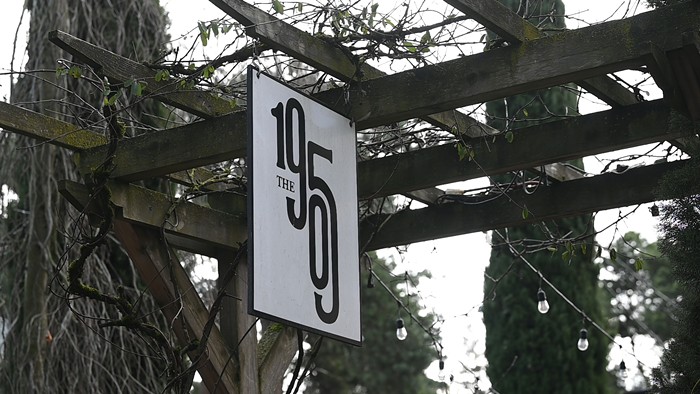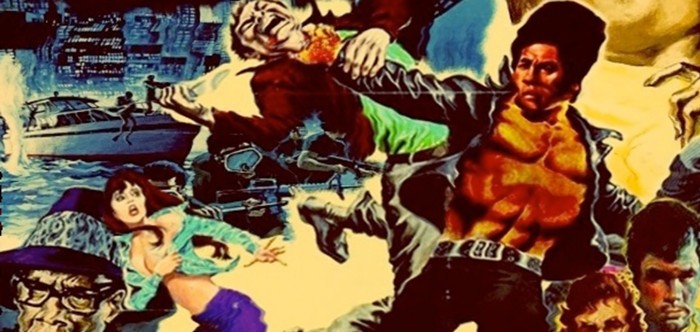LAURA GIBSON WAS IN her 20s when she wrote her first song. It came not from a yearning to emulate the Skip James or Elizabeth Cotten records she had begun to check out from her hometown Coquille Library, but from the necessary mental lapses of the day—those moments you either fill with work or boredom or, most likely, a combination of the two. She put words to an Americana-inspired tune, and many others soon followed. They often began as little melodies or phrases and came to her in the usual places. "I'd sing them in the kitchen, the garden, or in the car during long drives visiting my family in Coquille," Gibson says. Several of these half-verses unfurled into the songs that turned up on albums she recorded for Hush Records, including last year's Beasts of Seasons. But many others remained fragments, privately accompanying her wherever she went. They were an indelible part of her inner life, as comely as a memory and as banal as an old phone number.
From a strictly musical standpoint, those orphaned fragments were the starting point for Bridge Carols, Gibson's extraordinary new album with sound artist Ethan Rose. Rose recorded Gibson's voice without musical accompaniment—sometimes outdoors in a vast field. He then painstakingly arranged fragile soundscapes around her free melodies in a manner that split the difference between Pierre Schaeffer, the father of musique concrète, and Nelson Riddle, the midwife to Frank Sinatra's '50s concept albums.
Bridge Carols is less a work of musical composition and more an exercise in Rose's adopted tradition of process music (think Karlheinz Stockhausen or Steve Reich). As such, any talk of the album's origins should begin with Rose's interest in obsolete technologies, which has as much to do with the limitations they impose as with the possibilities they afford. This fixation reached glorious twin peaks last year, first on Oaks, his album of compositions sourced entirely from the 1926 Wurlitzer tucked away at Oaks Park Roller Rink; then with Movements, his music box installation at the 2009 Time-Based Art festival.
It could be said that the antiquated musical instrument Rose uses on Bridge Carols is Gibson's voice. But the intention was never that conceptual. His collaboration with Gibson grew out of many flukes: the two musicians' circle of friends; their earliest conversations; and their unconventional career trajectories, which have seen both musicians trust their instincts above all other creative signposts.
"When writing a song, it's really important to me to not always know where I'm going," Gibson says. Then Gibson surprises herself by talking again about folk music, an idea we seemed to have packed away earlier in our conversation, still uncertain of what we meant by it.
No other generation has parsed the word "folk" as intently as ours. Maybe no other generation has had to. The combination of Victorian fetishism and beatnik narcissism bludgeoned the notion of a kind of art that arises through mere living, not from grand designs. So nearly a half-century after folk became just another music trend to dress up to, Gibson stumbles upon a salient point. "After all these years of writing songs on my guitar," she laughs, "this may actually be my first real folk album."



















